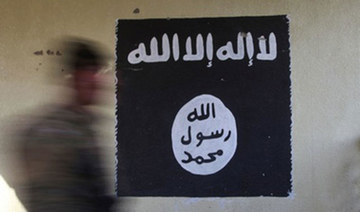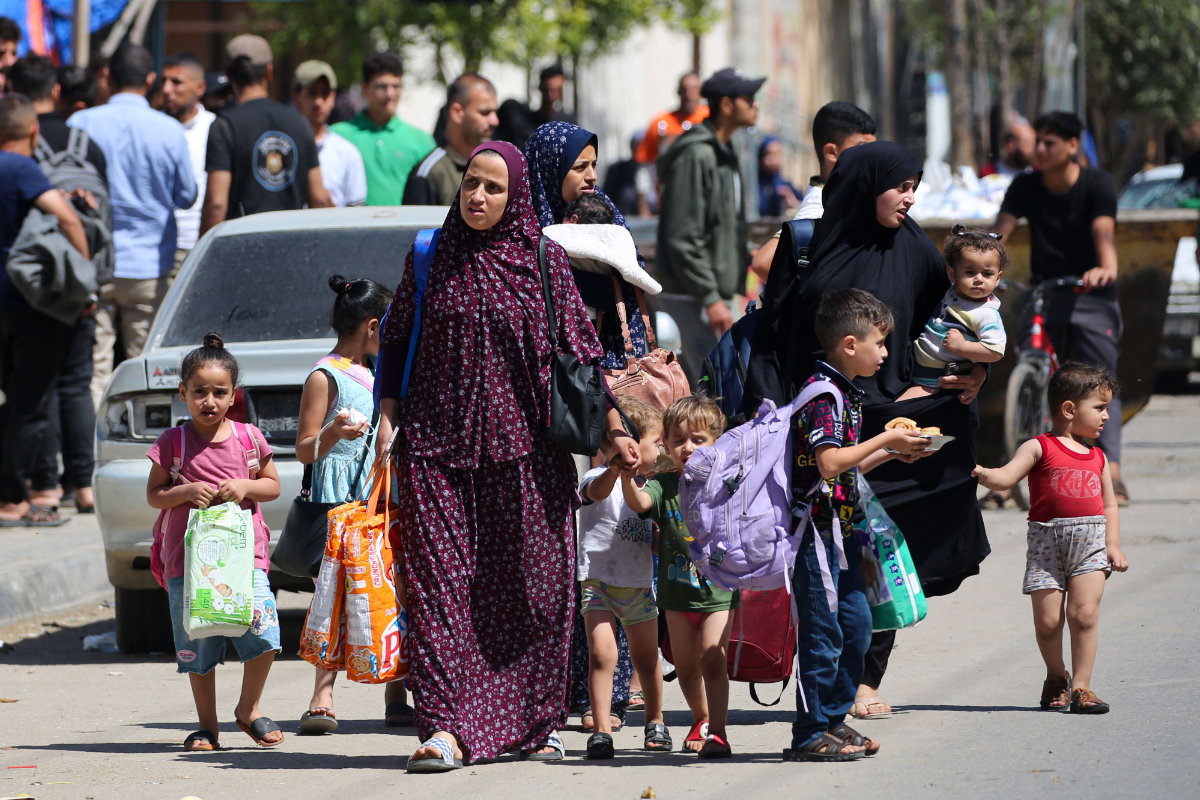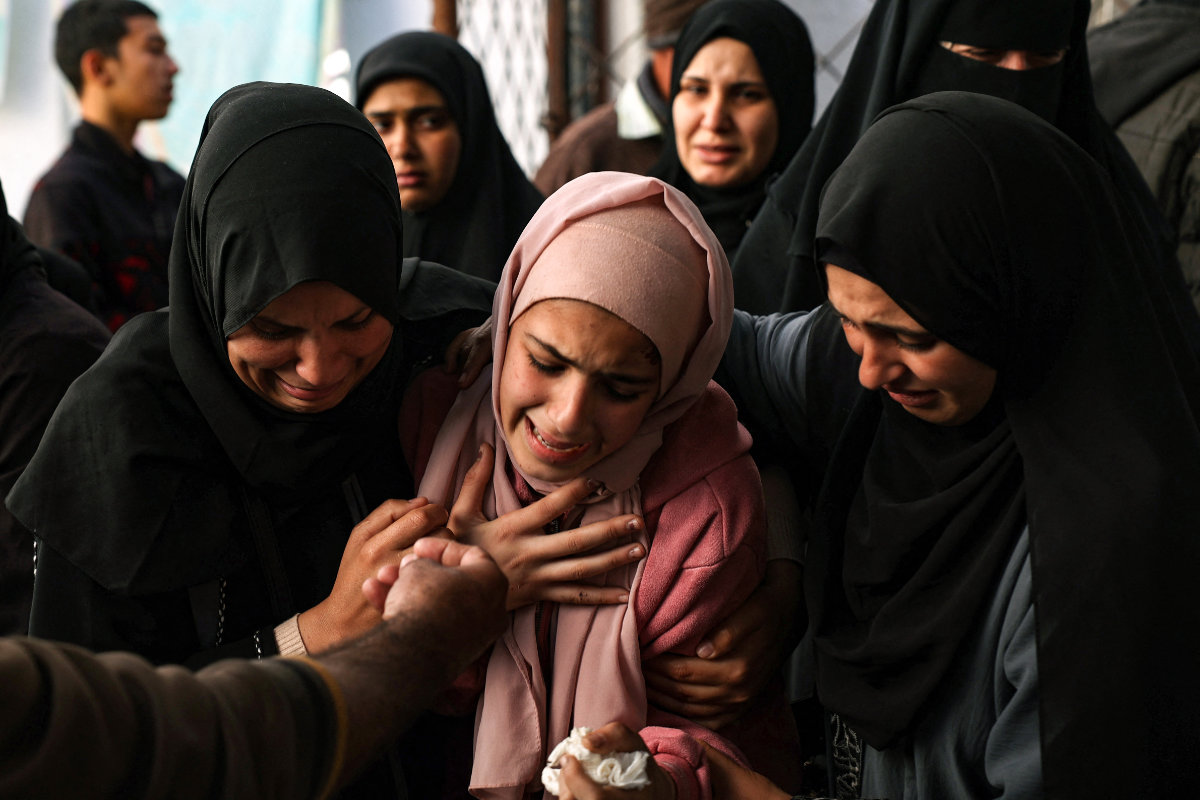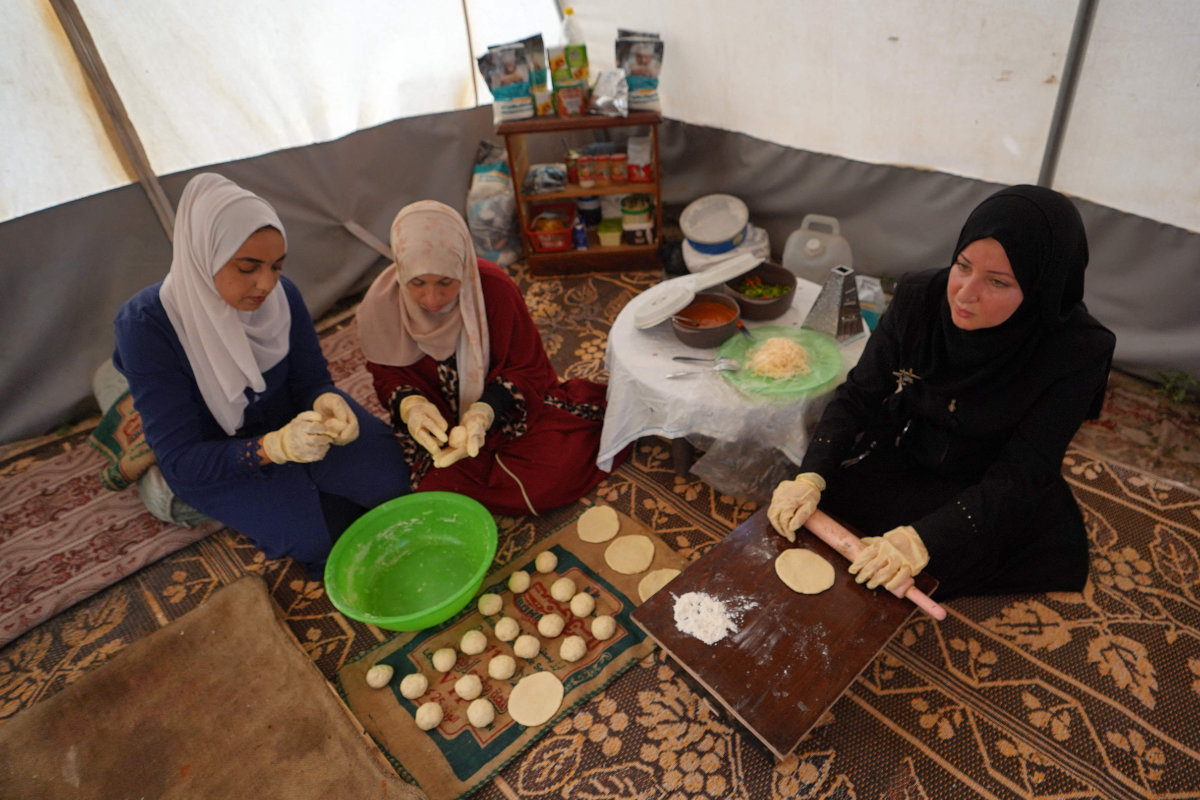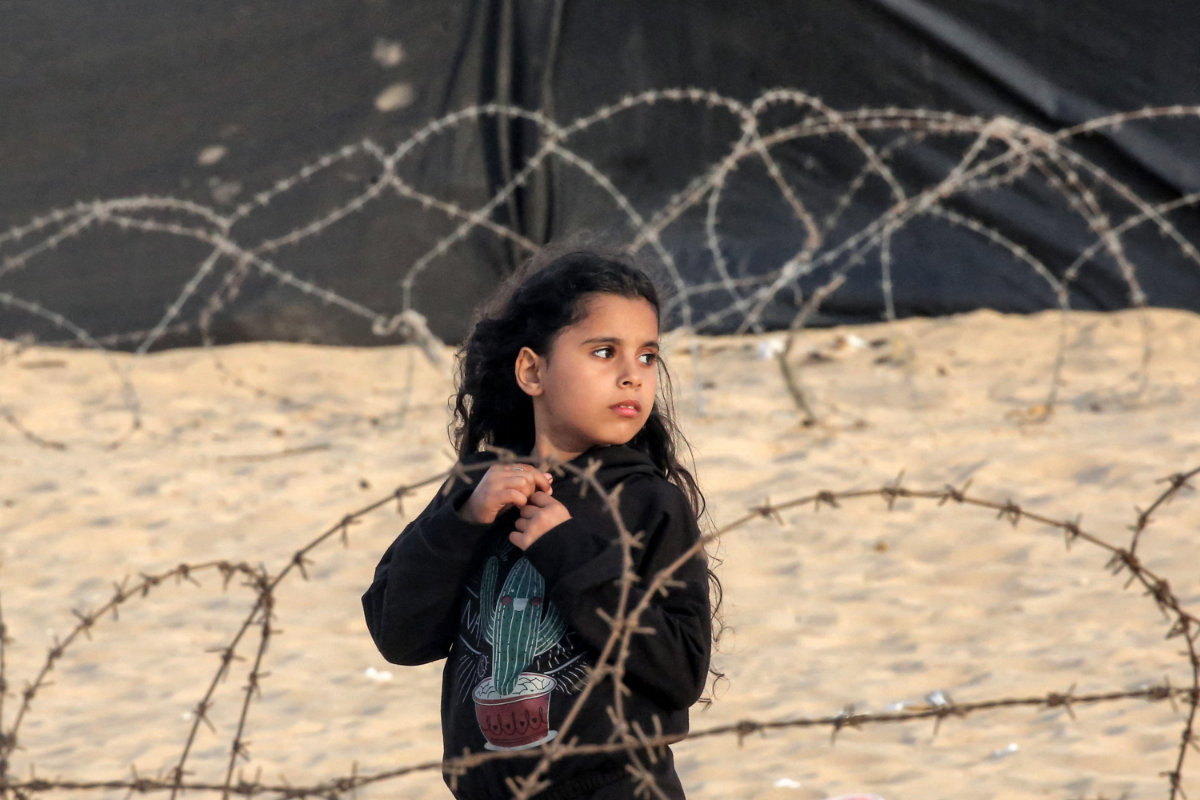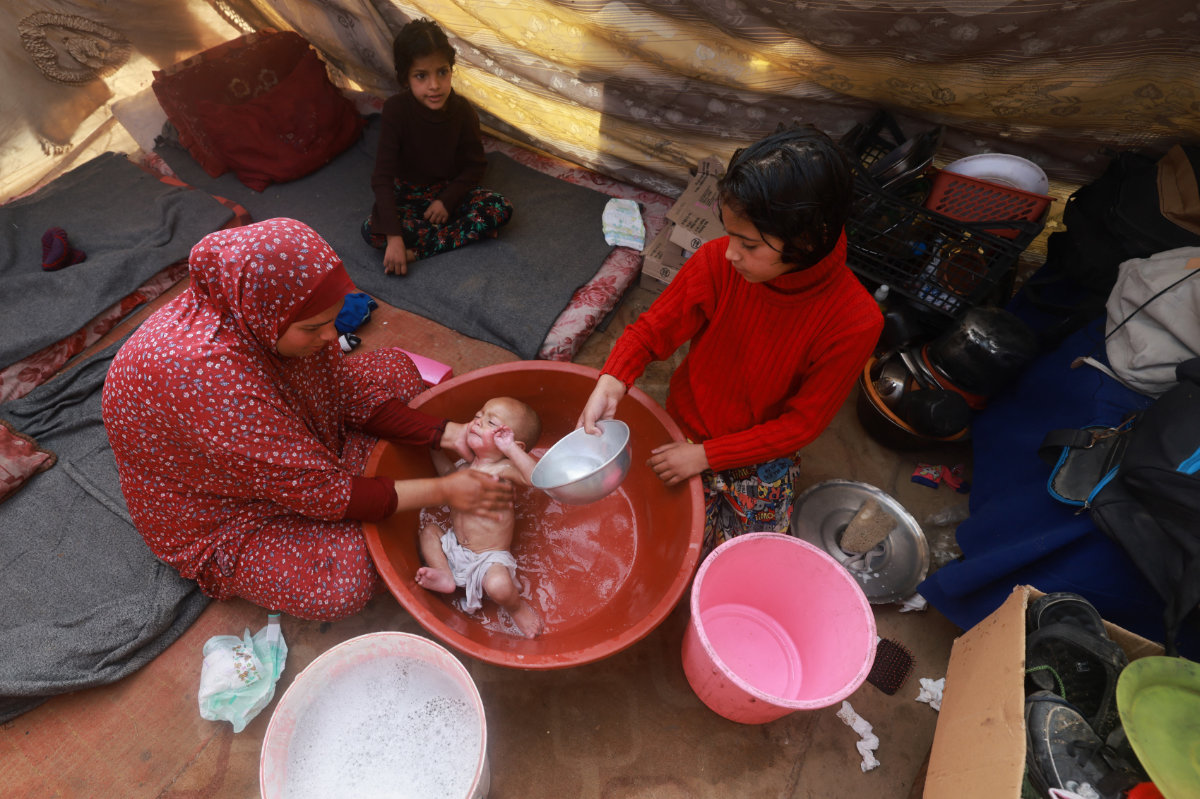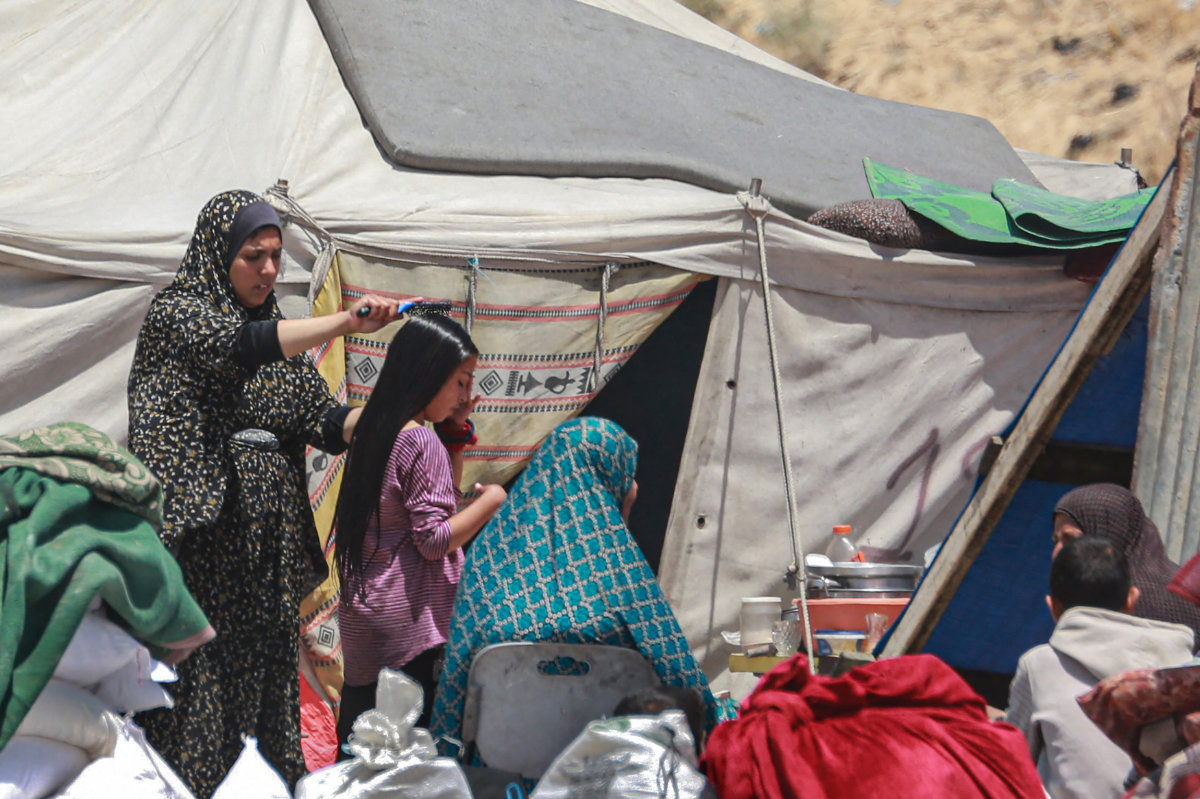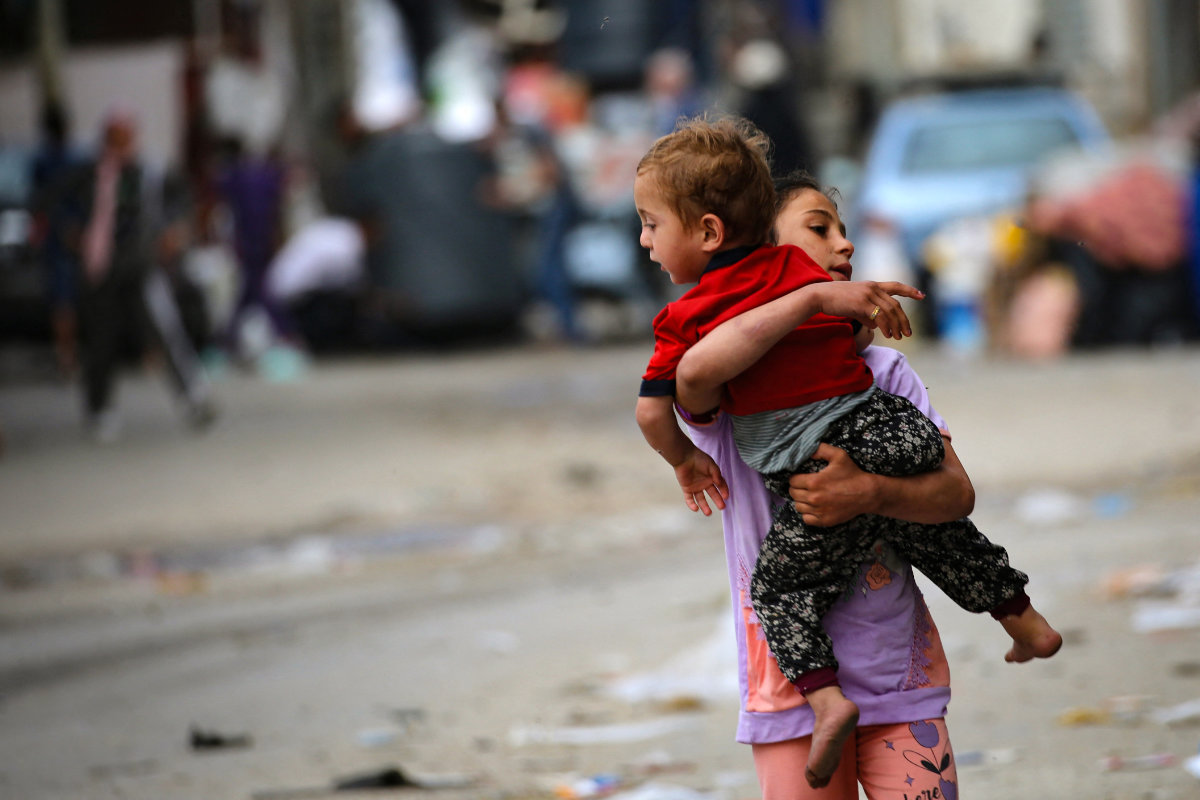NEW YORK: The US launching a “terrorist war” in Syria has led to “creative American chaos” and destabilization in the Middle East, Syria’s vice foreign minister told the UN General Assembly on Tuesday.
Bassam Sabbagh, who previously served as Syria’s permanent representative to the UN, condemned the policies of successive US administrations “to serve geopolitical and selfish interests” and “work to create and exaggerate problems to ignite tensions and then conflicts.”
The world is facing myriad challenges, he said, listing “devastating conflicts,” the “continued occupation of some peoples,” “sharp rises in poverty and hunger” and “economic blockade policies.”
Confronting these challenges requires global cooperation among all UN member states and the building of a “new multipolar world order that achieves a new balance,” he added.
Sabbagh accused the US of misinterpreting the UN Charter to “justify attacks committed against the sovereignty, independence and territorial integrity of other countries.”
This led to Washington spending “billions of dollars” to “demolish and destroy development achievements (in Syria) made over decades,” he said.
The emergence of terrorist groups, including Daesh and Al-Nusra Front, can also be blamed on “creative American chaos,” Sabbagh added.
“The basic principle affirmed by the UN Charter is respect for the sovereignty, independence and territorial integrity of member states,” he said.
“Therefore, any acquisition of the lands of others by force is an occupation, and any illegal military presence on the territory of any sovereign state is a clear violation of this charter.”
He named Israel, the US and Turkiye as the chief exponents of territory violation, saying the activities of the former in Palestine are “consistent with the destructive role” played by the latter two in Syria.
Damascus “spares no effort” in “standing alongside the brotherly Palestinian people,” Sabbagh said, defining the issue as “the central Arab cause.”
He condemned Israel’s occupation of “Arab lands in Palestine and the Syrian Golan” since 1967, demanding that it end “immediately and unconditionally.”
As part of its occupation, Israel is committing the “most heinous forms of grave and systematic violations” of the UN Charter, Sabbagh said.
Israel’s actions this year have pushed the region to “unprecedented levels of tension and instability,” he added, naming a litany of policies targeting Palestinians as well as Syrians in the Golan Heights.
“This is evident in it (Israel) committing more massacres, the escalation of its military aggression, and its repeated missile bombing of Syrian cities, ports and civil airports, which endangered civilian lives and the safety of civil aviation, and hampered United Nations humanitarian operations,” he said.
“This is in addition to its continuation of policies of settlement, Judaization, sieges, arbitrary arrest, forced displacement and racial discrimination in the occupied Arab territories.”
Sabbagh also denounced the “continued support for such practices and silence about them” by some countries that “declare themselves protectors of international humanitarian law.”
He repeated Syria’s support for an independent Palestinian state along the June 1967 borders and the return of the Golan Heights to Syria, “no matter how long it takes.”
He accused the US of causing $115 billion in losses to Syria’s oil sector since 2011. This “systematic and exposed American plunder of the Syrian people’s national wealth” also included gas and wheat, and has led to deprivation and human suffering in an “unprecedented manner,” Sabbagh said.
He urged the UN to meet its obligation in holding the US accountable for the “looted money,” demanding its return to Syria.
As well as siphoning wealth, Sabbagh accused both the US and Turkiye of “infiltrating” Syrian territory and launching an illegal military presence as part of a “flagrant interference” in his country’s internal affairs.
Syria is seeking an end to the “unilateral coercive measures” of the US and its European allies, including sanctions on the “public health, banking and energy sectors.”
These “illegal, immoral and inhumane” measures have only “exacerbated the suffering of Syrians wherever they are, given that their impact includes third countries,” Sabbagh said.
The devastating earthquakes in Syria this year added “a new burden and suffering” for its people, he added, saying Damascus has tried to open all aid tracks for the arrival of humanitarian relief.
“Syria was one of the most stable and prosperous countries in the world. It was achieving food self-sufficiency and providing all the basic necessities of life for its people in a way that was rarely seen in the region,” Sabbagh said.
“However, the terrorist war launched against it since 2011 changed this situation and caused a significant humanitarian crisis.”
He thanked UN Secretary-General Antonio Guterres for launching a flash funding appeal in the wake of the earthquakes, but called on international donors to fulfill their funding pledges in order to improve the humanitarian situation.
Sabbagh declared Syria’s readiness to “welcome the return of every Syrian refugee who left their home, village or city” since 2011, including citizens “who were forced by terrorist organizations to seek refuge.
“I call on Western countries that ask refugees not to return to their homeland to stop these inhumane practices.”
He hailed the achievements of the Arab League Summit in Jeddah in May, which “restored to the collective Arab position its shine, and to Arab joint action its momentum.
“The Arab countries affirmed their support for Syria in preserving its sovereignty … and overcoming the difficult circumstances it’s going through.”
Sabbagh also expressed Syria’s “support and solidarity” with Libya and Morocco in the wake of the recent natural disasters in the two North African countries.
He ended his address by calling for the UNGA to be used as a platform for “dialogue and public diplomacy,” not for “leveling false accusations and launching hostile campaigns.”
Working to translate the UNGA slogan of “Rebuilding trust and reigniting global solidarity” into “real and serious action” will ensure no one is left behind, Sabbagh said.





